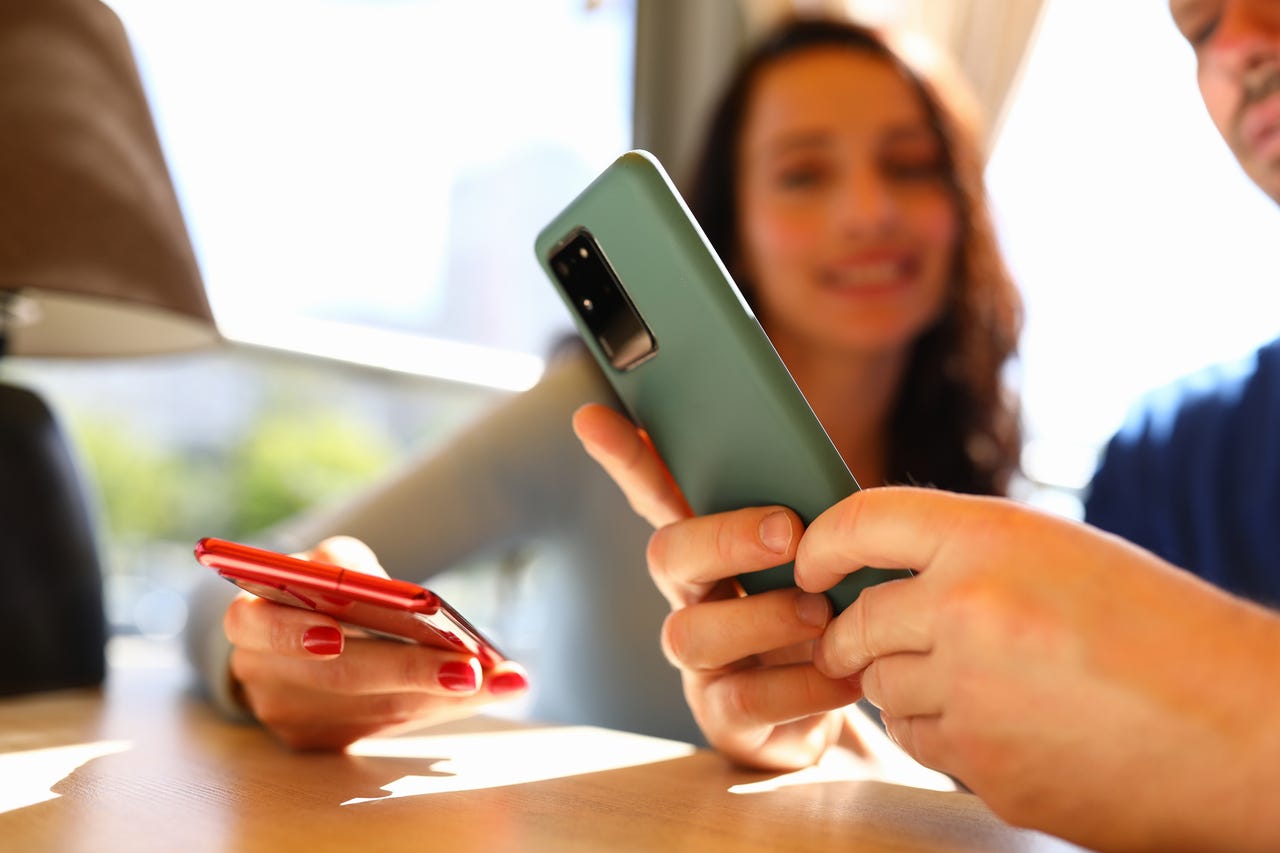































 Getty Images/Tsikhan Kuprevich
Getty Images/Tsikhan Kuprevich I rely heavily on Google Calendar. I use it to track everything I write, which means I have multiple clients with entries every day. I could give each client a different color for events, but that can get confusing. Instead I create a specific calendar for each client.
This allows me to show or hide any one of my clients at any time on my calendar. Plus, each client has its own color and I can share that calendar with my client without having to worry events from other clients (or my personal calendar) will be revealed.
Also: The 6 best to-do list apps: Get organized
Using multiple calendars also means having the ability to configure each calendar differently. For example, I might want to set one calendar for popup notifications and another for email notifications.
If your daily grind is too busy or complex for a single calendar, you'll be happy to know that Google makes it easy to add multiple calendars to the interface. I'm here to show you how.
What you need:You need a working Google account and a web browser (as you cannot add calendars from the mobile app). Google Calendar is supported by nearly all browsers, so you can do this from Chrome, Firefox, Opera, Vivaldi, Safari, Edge, or even GNOME Web.
The first thing you must do is open your web browser and go to calendar.google.com. Make sure to log in to your account (if necessary).
Next, click the gear icon for Google Calendar near the upper right corner of the window and then click Settings from the popup menu.
The Google Calendar Settings page is accessed via the gear icon.
Jack Wallen/In the left sidebar, click to expand the Add Calendar entry and then click Create New Calendar.
Adding a calendar from the left sidebar in Google Calendar settings.
Jack Wallen/In the resulting window, give the new calendar a name, and a description, and select the required time zone. Once you've done that, click Create Calendar.
Naming and describing your new calendar.
Jack Wallen/Once the new calendar is created, you'll see it in the left sidebar. Click to expand the entry and you can then configure the new calendar exactly as needed.
There's plenty of configuration options for your new calendar.
Jack Wallen/Now, when you go to create a new event in Google Calendar, you'll have the option to select that new calendar.
Creating a new event for the new calendar.
Jack Wallen/Make sure to select that new calendar for any related event, so you can not only enjoy an improved organization but the specific configurations for that calendar (such as notifications).
Also: How to share a Google Calendar for easy collaboration
I've been using multiple calendars in Google for years and it's been a real time saver for me. Not only does it keep me better organized, but it also helps to prevent me from missing out on events specific to a client or business.
 Tags quentes :
Vida Profissional
Produtividade
Tags quentes :
Vida Profissional
Produtividade